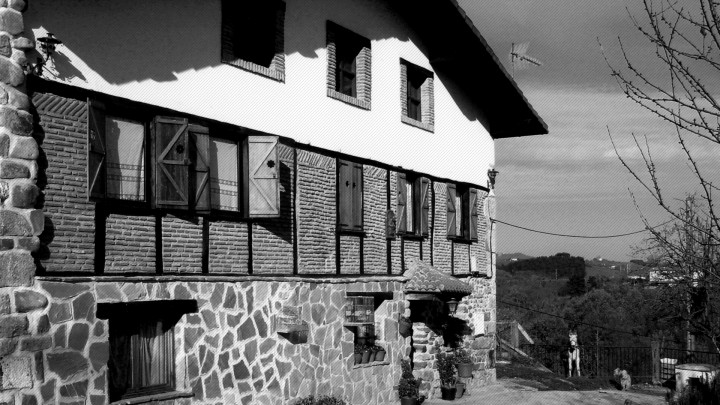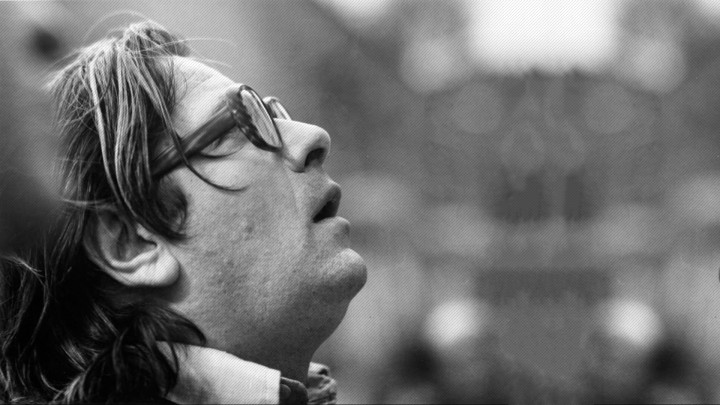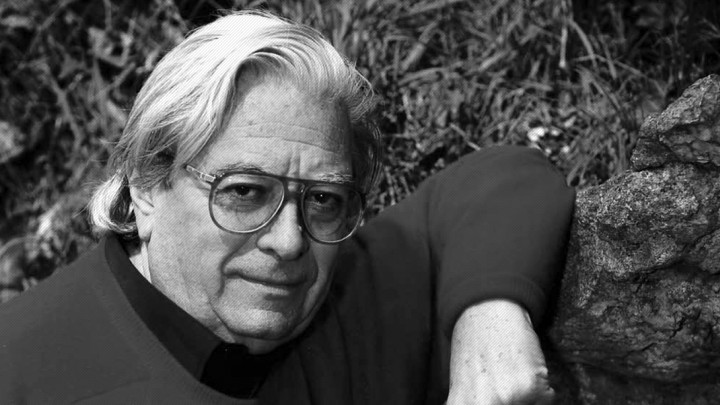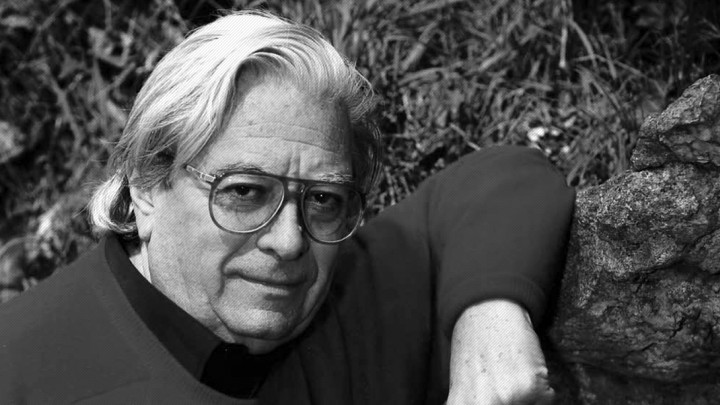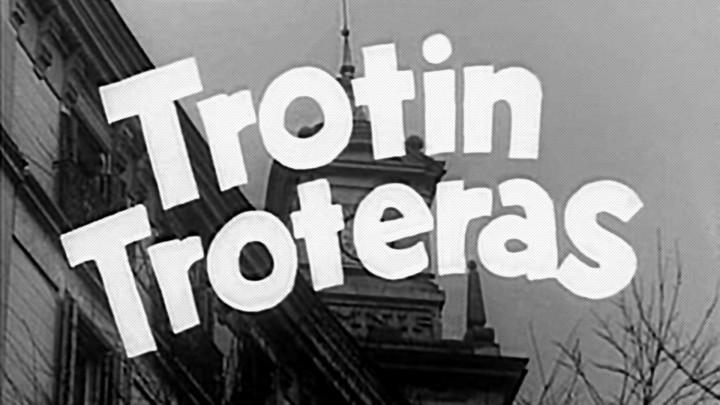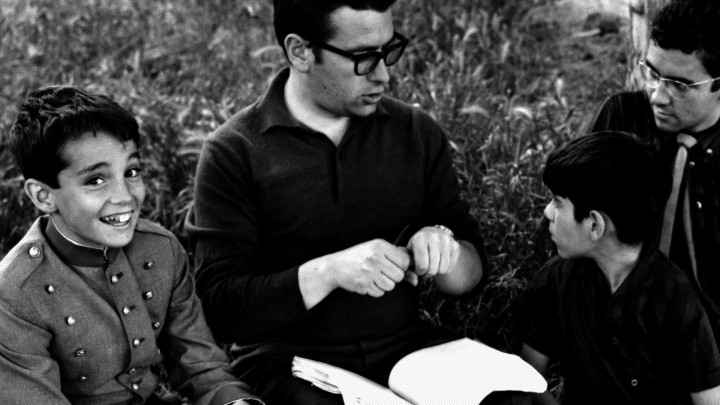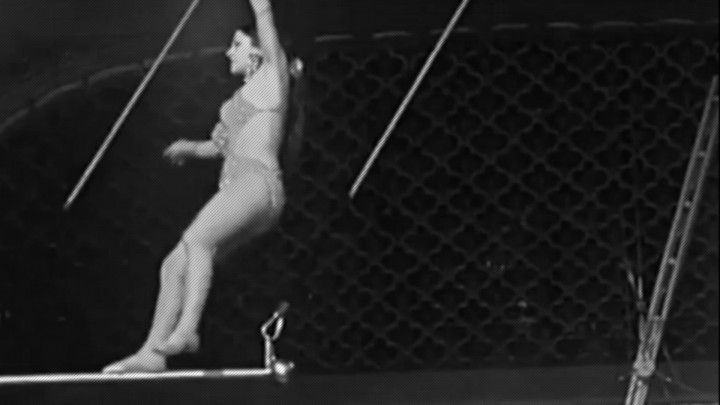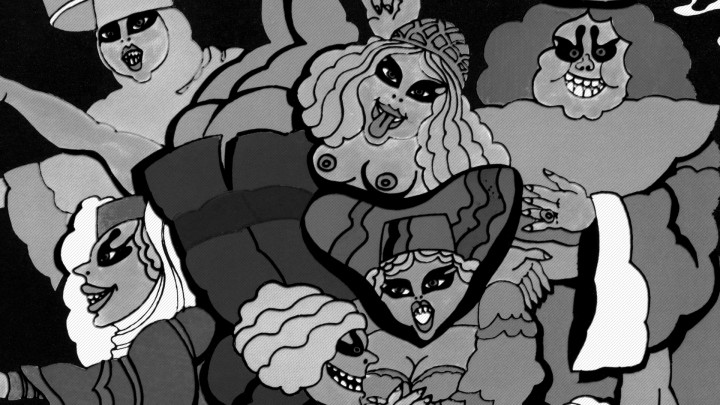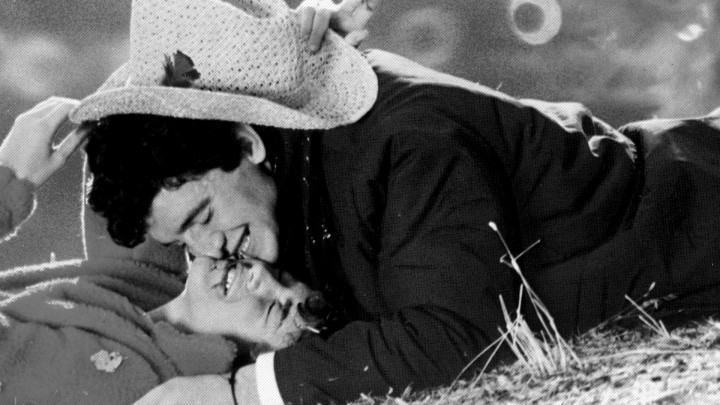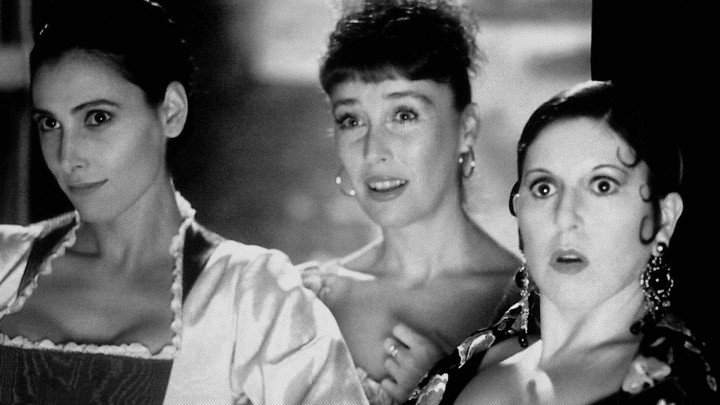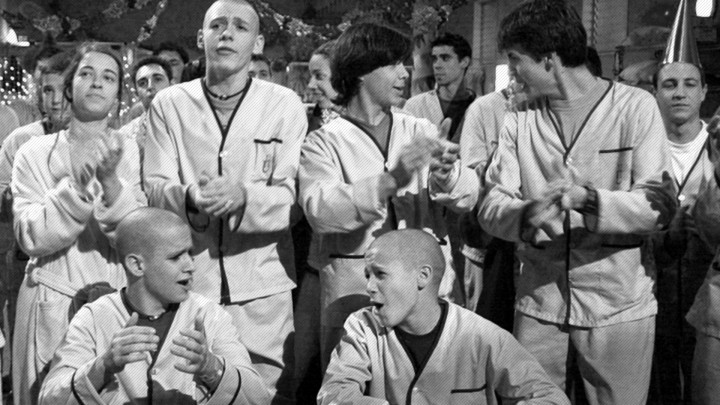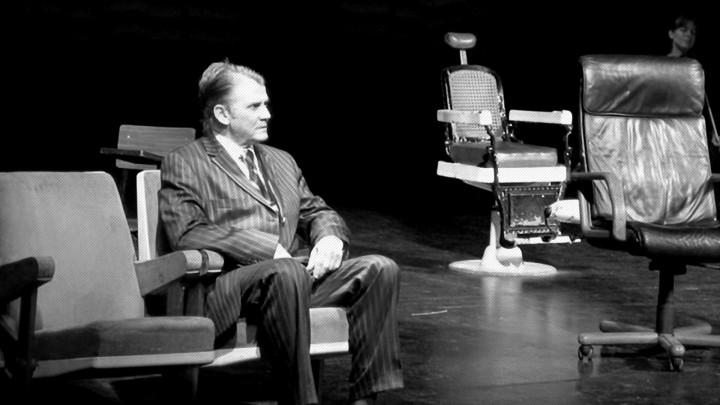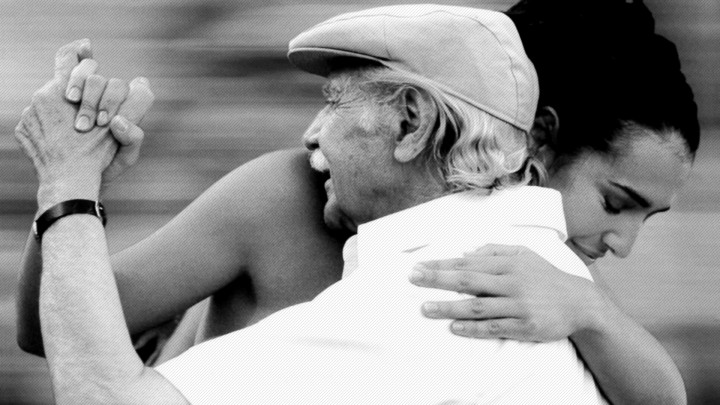
Pis
Pis is a work made in 1961, in the second year of Film School. Shot in 16mm, the story is told in farcical style. A man explains that he can’t find a bathroom. In the end, a group of passers-by stand in a circle round him, telling him to relieve himself in the street and promising to keep a lookout for him.
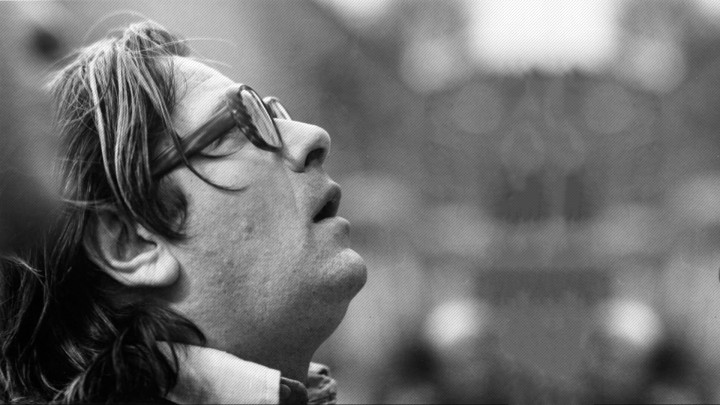
Fiesta
The objective of the series Fiesta was to show the more human and social side of citizens by means of their traditional fiestas. Antonio Mercero said on more than one occasion that it was an “easy” work, and that thanks to the series he was able to discover different parts of Spain.
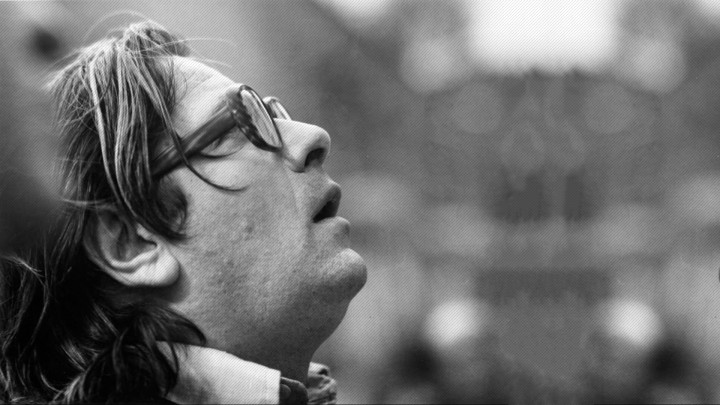
Históricos del balompié
Mercero was mad about football. Thanks to Históricos del balompié he was able to take a closer look at his favourite footballers.
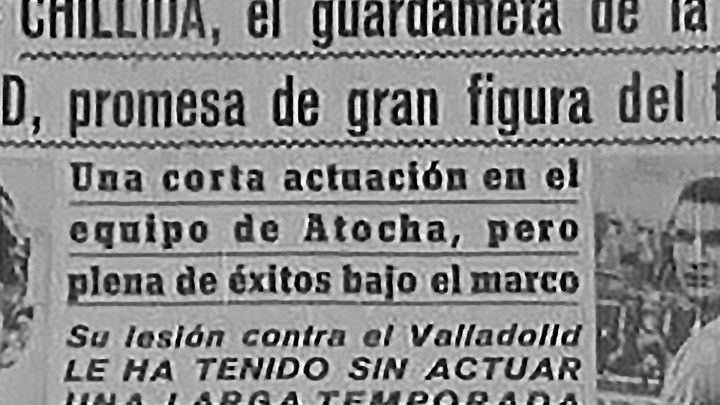
La balada de los cuatro jinetes
La Balada de Los Cuatro Jinetes (The Ballad of the Four Horsemen) is a documentary made with images from news programmes on religious music. With an incisive, critical gaze, Antonio Mercero denounces racism in the USA, the Vietnam War, traffic accidents and the misery left in the wake of natural disasters. This is the tale of the journey taken by the four horsemen of Revelations, representing the conquest of space.
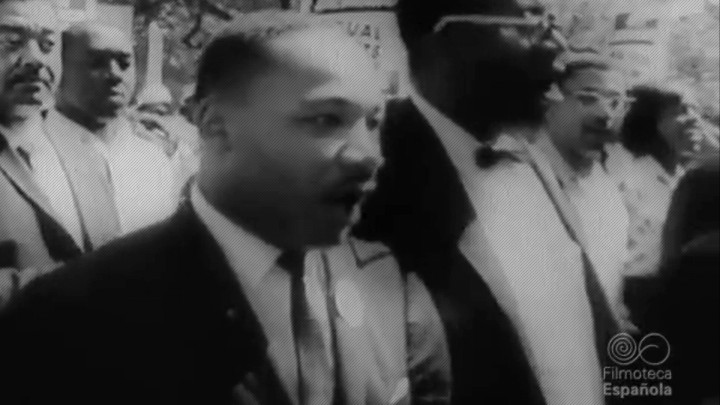
Simposium para la paz
This comedy programme looks at an international meeting on global peace.
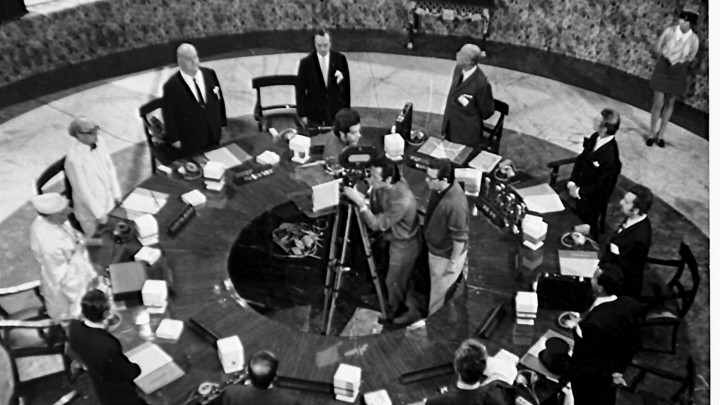
Crónicas de un pueblo
This can be considered as Mercero’s first television success. The plot was set around life in a perfect town where everybody lives according to Spain’s fundamental laws. Apart from directing the work, he also acted in it. He left the job a year later prompted by the controversies and ideological conflicts with the Franco-supporting apparatus.
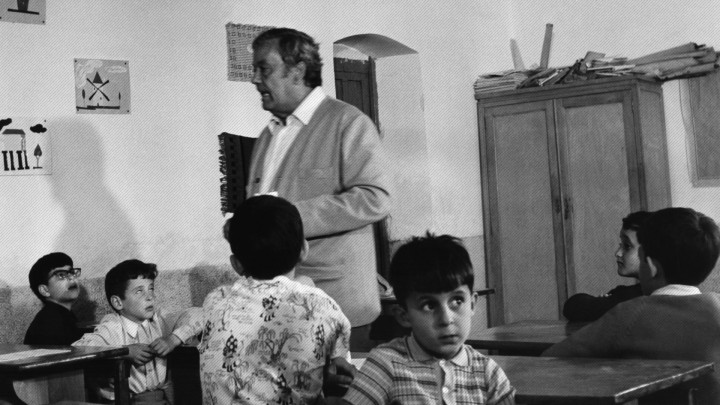
La misa vasca
In the short film La Misa Vasca (The Basque Mass), Antonio Mercero shows a traditional Sunday mass. The novelty is that the ceremony includes elements of Basque culture: txalaparta players, bertsolaris, a group of musicians singing Basque songs, a dancer...
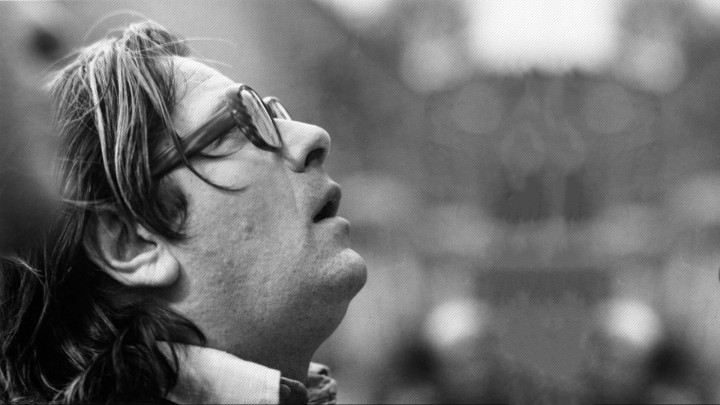
La cabina
This surrealist drama is one of Mercero’s most important films, winner of the International Emmy Award. Although at first glance it appears to be a simple story, it addresses a number of delicate subjects. It received critical acclaim at home and abroad.
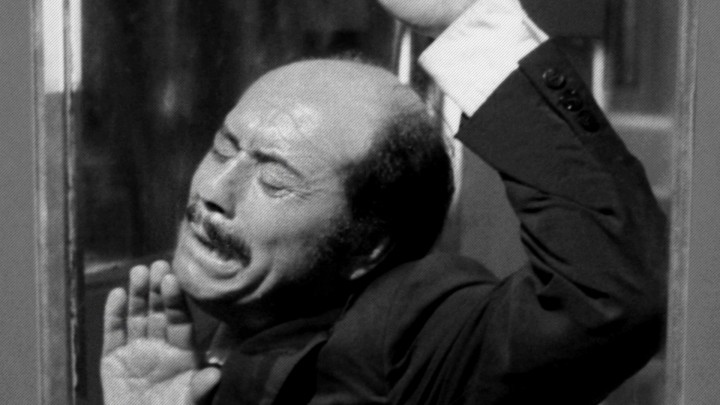
Los pajaritos
According to La Vanguardia, the film Los pajaritos was a “beautiful combination of contamination and humour”.
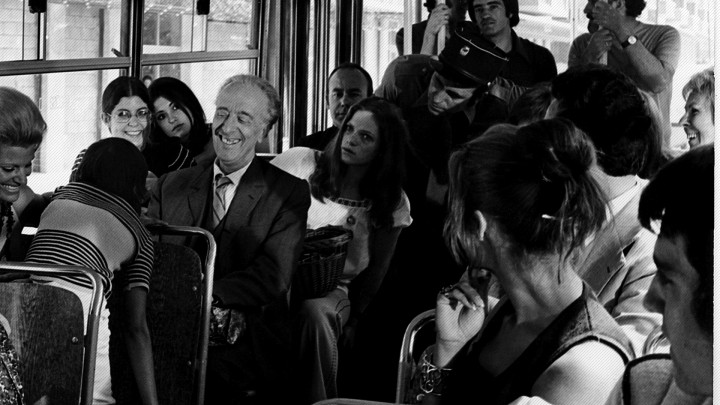
Don Juan
A somewhat inexperienced director turns up on a television set with his whole crew to proceed with the casting for José Zorrilla’s version of Don Juan Tenorio.
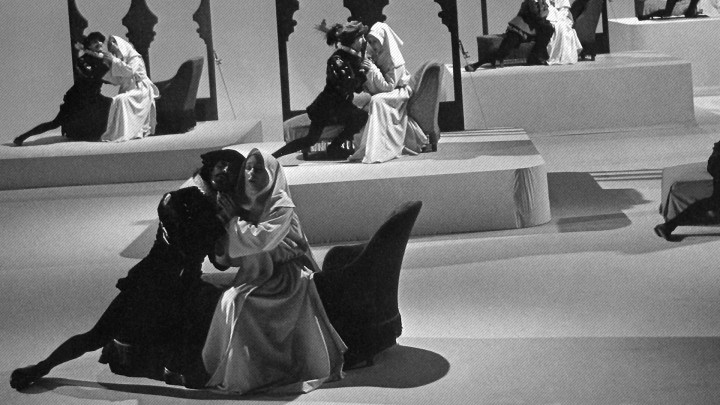
Manchas de sangre en un coche nuevo
The leading man is the owner of a garage. As well as working as a mechanic, Antonio dabbles in the black market. One day, driving home in his flashy car, he witnesses a serious accident. Fearing that they’ll make a mess of his car, he doesn’t stop to help the victims, despite their cries for help, instead deciding to drive away.
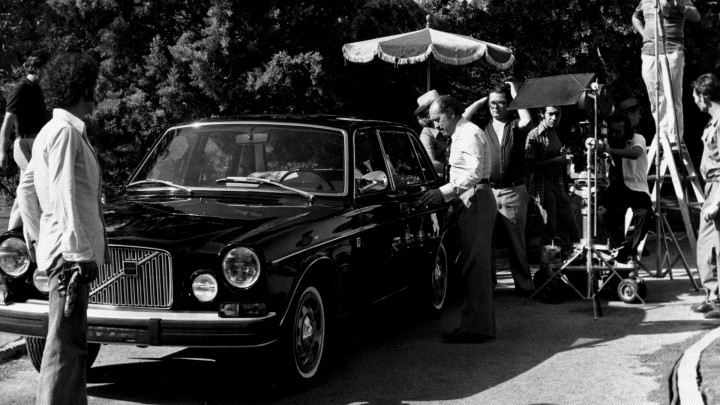
Este señor de negro
Este señor de negro is a series released in 1975. It had a total of 19 episodes and was broadcast by TVE. The storyline revolves around the character of Sixto Zabaneta, invented by the illustrator Antonio Mingote. It represents Spanish society’s most archaic values and principles.
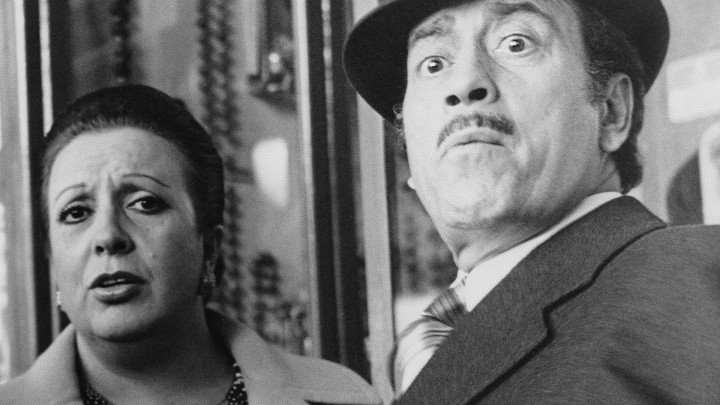
La Gioconda está triste
Work directed by Antonio Mercero with actors Alfonso Godá, Luis García Ortega, Walter Vidarte, and Lorenzo Ramírez, among others. Antonio Mercero also wrote the screenplay. Broadcast in 1977 by Spanish public television.
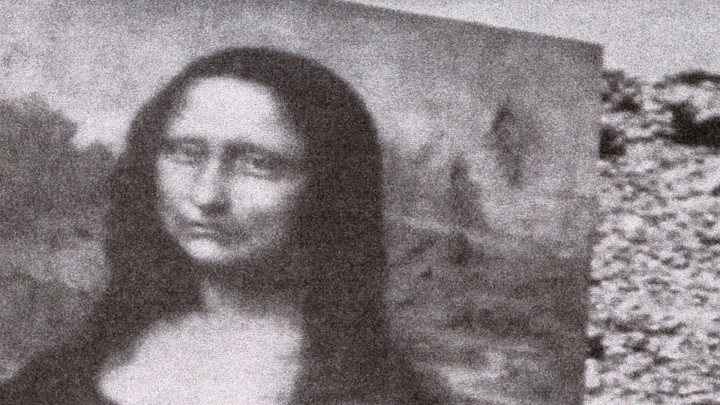
La guerra de papá
Based on the book by Miguel Delibes, El Príncipe Destronado, while it enjoyed enormous success on its release, the film failed to subsequently achieve the recognition it deserved due to being qualified by the press as partisan. These were the years of the Spanish transition and the hegemonic media were working to silence any content related to the Franco era.
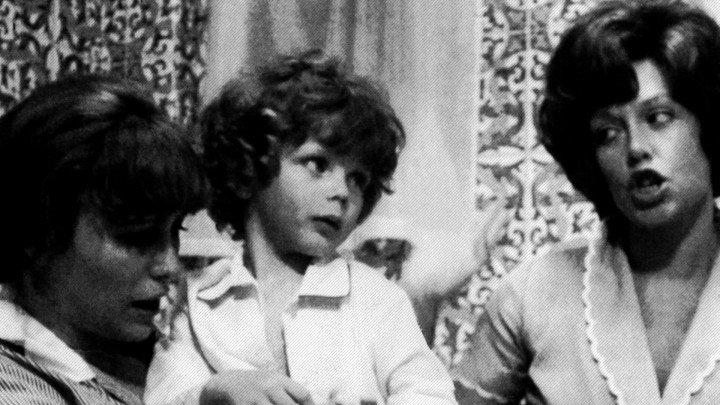
Picasso insólito (NO-DO)
A peculiar look at the life and work of Pablo Picasso based on little paintings by the artist Manuel Blasco Alarcón reflecting the life of the artist from Malaga.
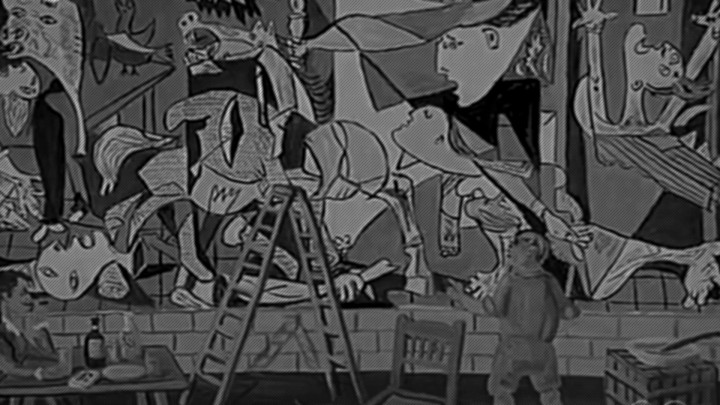
Tobi
Antonio Mercero looked at many subjects thanks to Tobi: the limits of scientific experiments, the irresponsibility of the advertising world and the media in its use of children, the exploitation of children for business purposes and the morbid curiosity towards those who are different to us, among others.
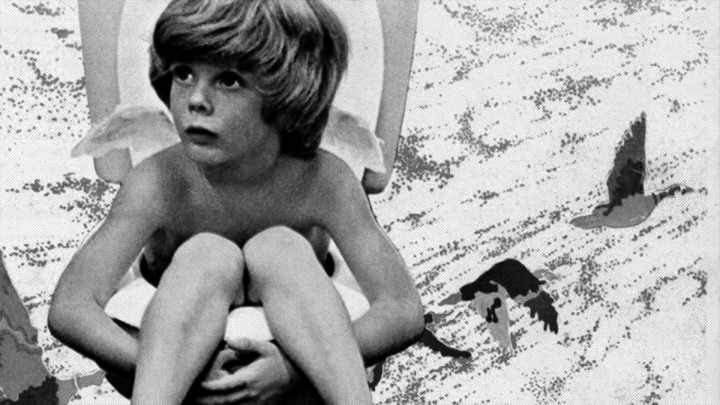
Verano Azul
One of Antonio Mercero’s most significant series. This is a family drama set on the Andalusian coast, with the adventures of a group of youngsters on their summer holiday as the main theme. As well as the young people, a lady artist and a retired fisherman play an important part in the plot. Antonio Mercero created and directed the series.
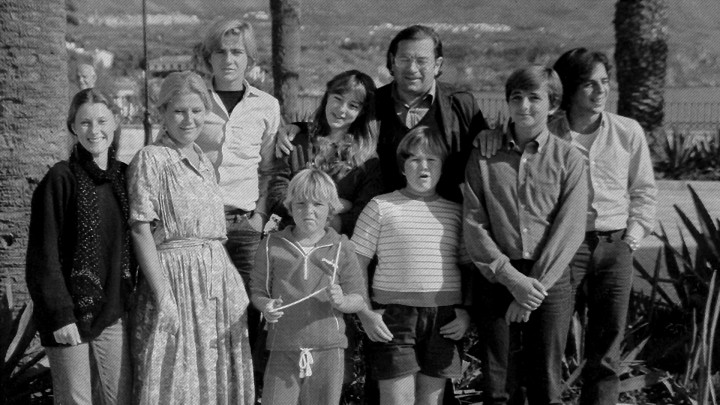
La noche del licenciado
A work with strong autobiographical overtones referring to the ability of the individual to decide their future freely and to the influence which family opinions and social pressure can have on that decision. Antonio Mercero also had to choose between being a lawyer or a filmmaker.
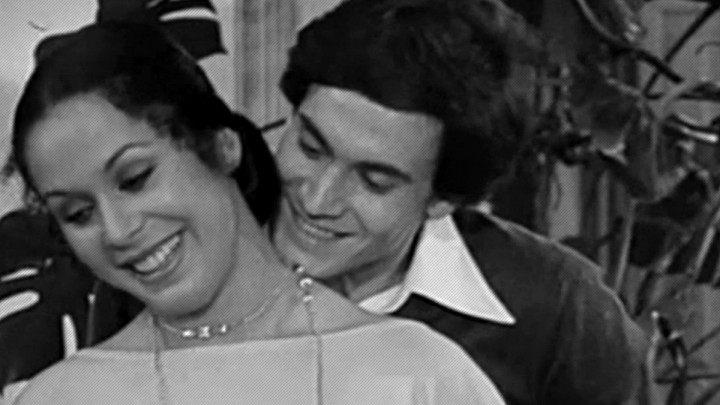
El pueblo sumergido
El pueblo sumergido was a work of rather limited repercussion. Furthermore, as affirmed by many critics in publications of the time, it is a hugely dense film because it addresses many of Antonio Mercero’s core values and principles.
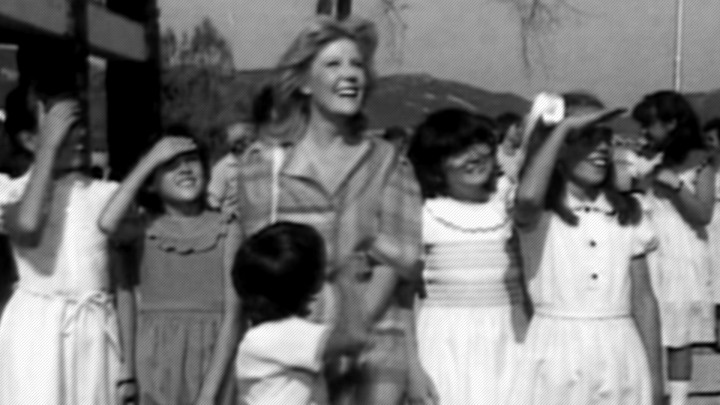
Buenas noches, señor monstruo
Four boys get lost in the woods during a school outing. Looking for shelter from the storm, they come across an abandoned house. Inside, they meet Dracula, Wolfman, Quasimodo and Frankenstein. Although the monsters do their best to continue frightening people, they’re losing their touch and the four boys will try to help them recover their lost reputation.
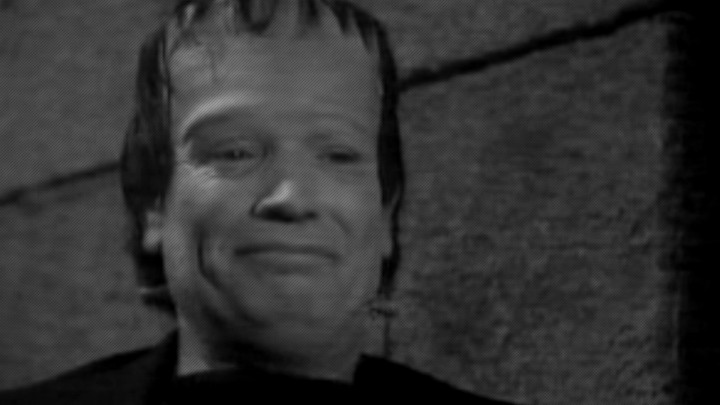
Isabel, Reina de Corazones
Isabel, Reina de Corazones (Isabel, Queen of Hearts) is a theatre show about Queen Isabel II's exile. Differing from classic, customary pieces about the queen, this puts the spotlight on the woman hiding behind the queen: it is about her feelings, emotions and responsibility, and about the eternal conflict it created inside her when she had to leave the country she so deeply loved. Antonio Mercero was the director.
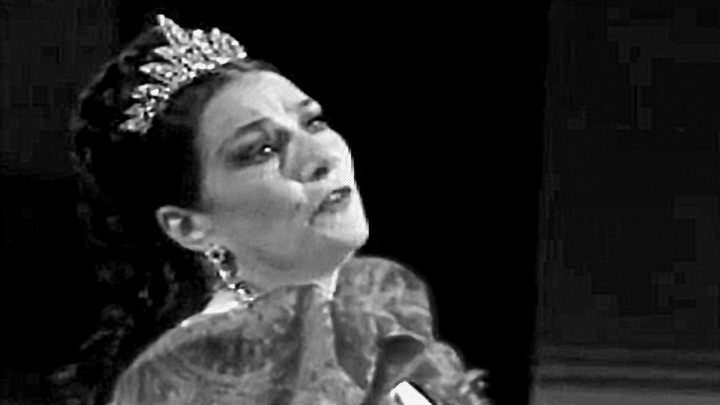
Turno de oficio
This series produces a realistic image of the world of crime and justice in the Madrid of the 1980s.
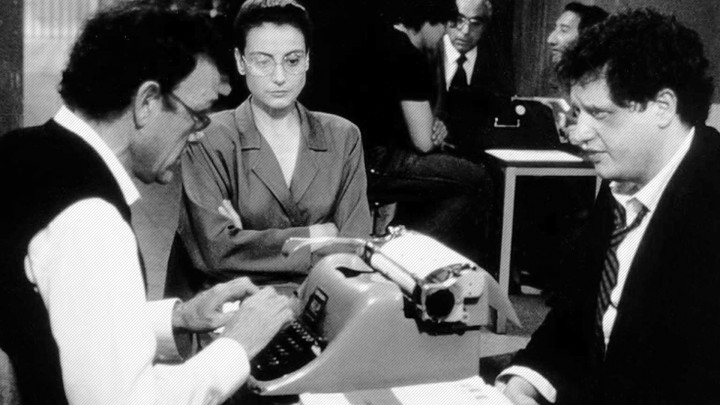
Espérame en el cielo
The main feature of Espérame en el cielo is the use of humour. Although the Franco period is the central theme, usually the story would have been approached from another angle, perhaps somewhat more neutral. But Mercero once again uses his ploys to address this thorny subject: humour and humanity. Thanks to these two concepts, the film was a big success.
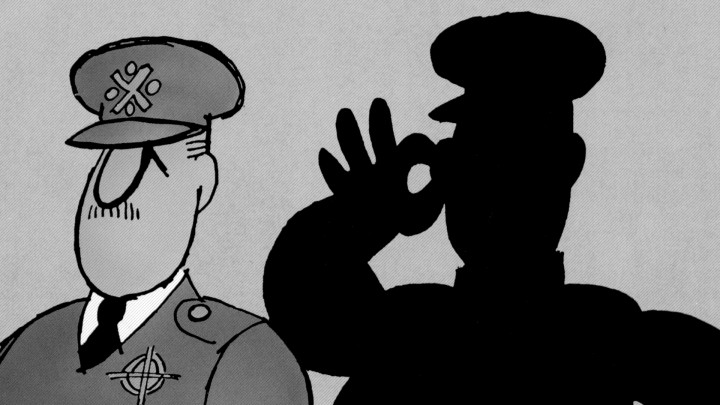
El tesoro
El tesoro looks at the conflict between a group of archaeologists and a whole town. The former have made a big discovery in the town of Gamones. But the locals are behaving as if the discovery is theirs and violently defend their treasure. This is a tug-of-war between ‘small-town folk’ and ‘urbanites’.
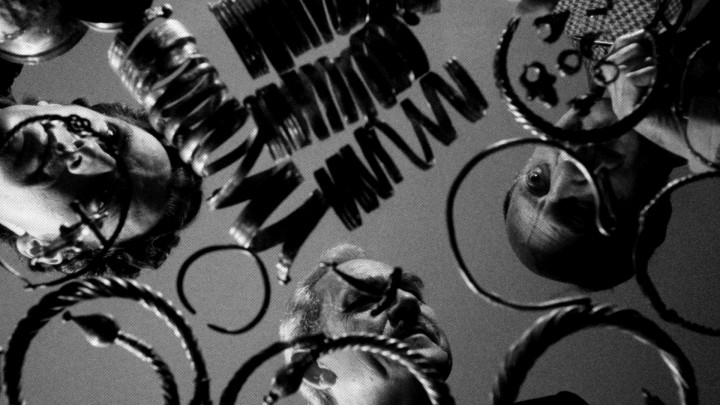
Farmacia de Guardia
Farmacia de guardia is the television series to have enjoyed the highest viewership to date in Spain, with an audience rating of 48%. It was filmed and broadcast between 1991 and 1995, although it has subsequently had reruns.
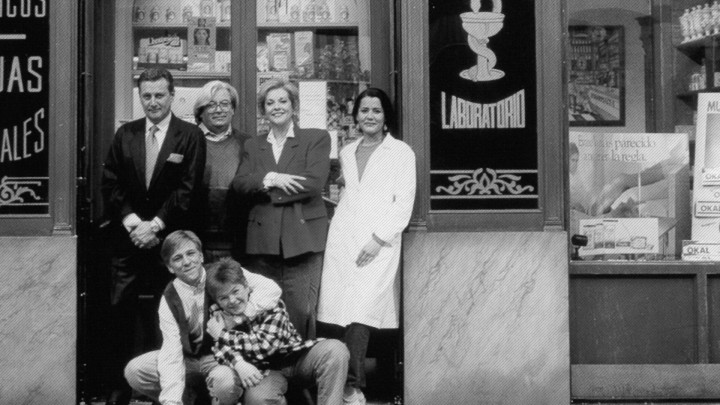
La hora de los valientes
Manuel, a young anarchist, is a great admirer of classic art. He works as a security guard at the Prado Museum. Just after the outbreak of Civil War in 1936, the Spanish Government decides to transfer the works from the Prado to Valencia in an effort to protect the historical heritage. Manuel recovers a self-portrait of Francisco de Goya. The film is set in Madrid, in the early months of the fighting. And as its basis, it has a love story.

La habitación blanca
La habitación blanca is a very simple, almost insignificant tale. A man buys a new television set, the latest model, to satisfy his addiction with the device.
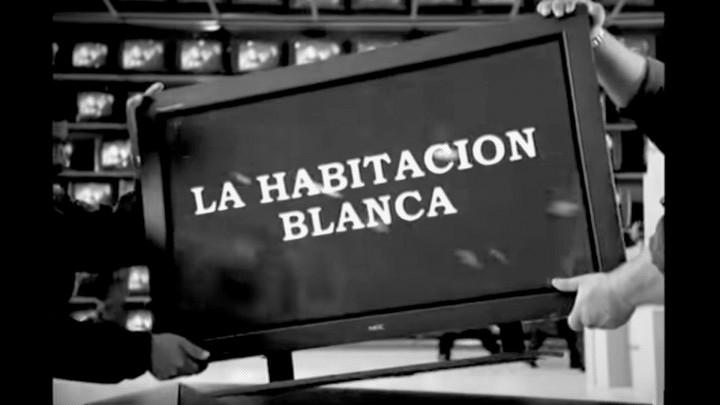
Manolito Gafotas
Manolito Gafotas is an 8-year-old boy with a very particular approach to life: he lives in Madrid’s Carabanchel district with his parents, his brother (known as “The Imbecile”), and his grandfather.
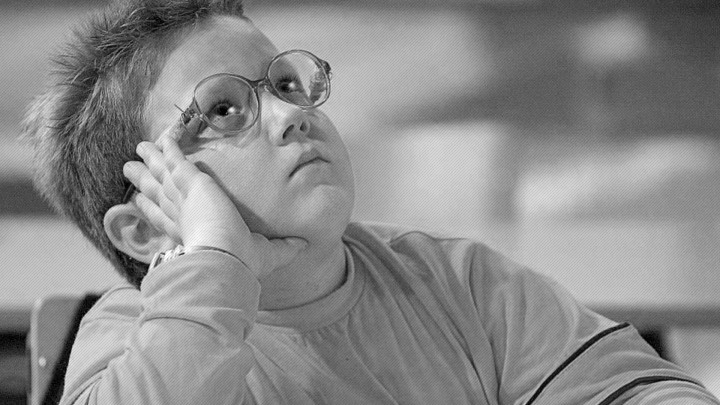
Los verdes campos del Edén
The work Los Verdes Campos del Edén (Eden's Green Fields) tells the story of a homeless man named Juan. Juan comes to a small village where he finds his grandfather's pantheon. As if he owned it, and the only place where he can put down roots, Juan uses his grandfather's pantheon as a residence.
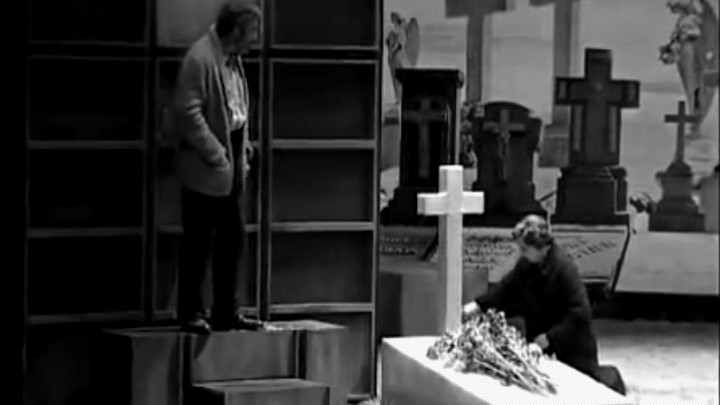
Baserri Galdua
Baserri Galdua is a documentary about losing the traditional Basque farm home. Antonio Mercero tells of a disappearing way of life that was historically once widespread in Lasarte-Oria. This work was commissioned by the Lasarte-Oria Town Hall, with the aim of protecting the village's historic heritage.
